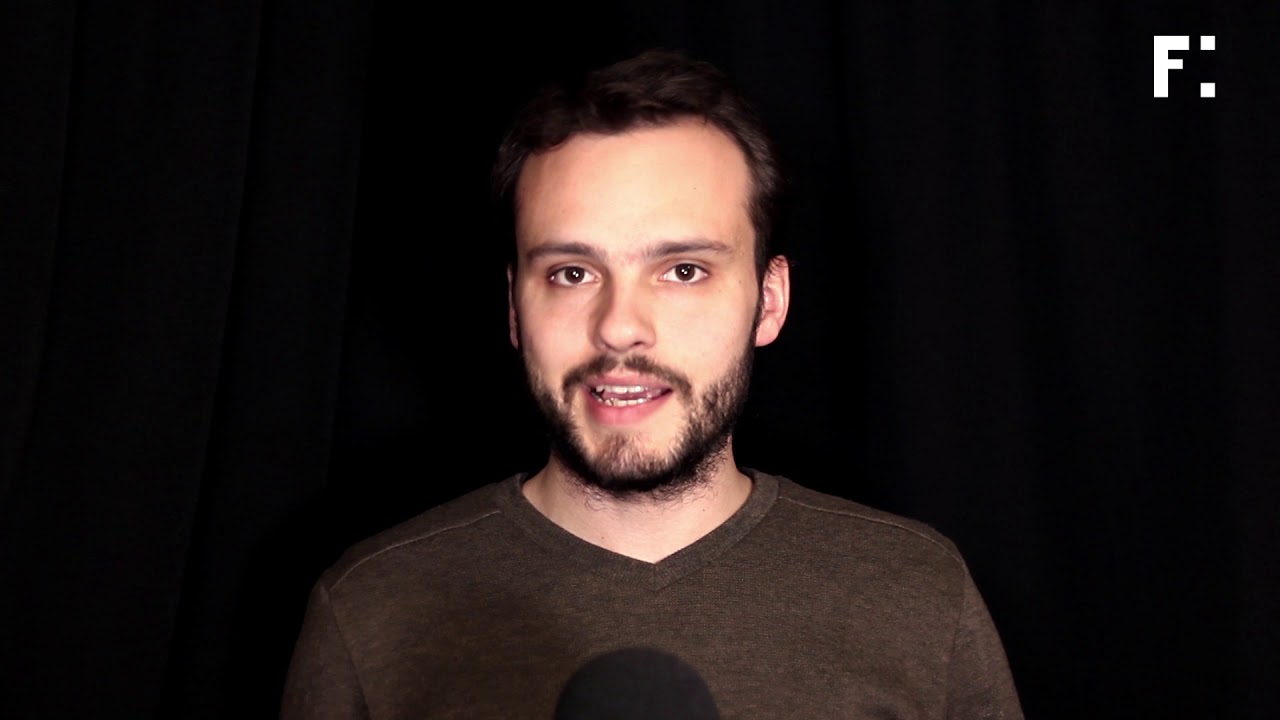| CANAL CES |
| PODCAST |
| TEMAS |
| PESSOAS |
|
Interview by: Ana Cristina Pereira and Rita Santos Este podcast faz parte da série de 28 podcasts realizados sobre o caso português e italiano no âmbito do projeto de investigação de 36 meses (2018-2021) (De)Othering: Desconstruindo o Risco e a Alteridade: guiões hegemónicos e contra-narrativas sobre migrantes/refugiados e “Outros internos” nas paisagens mediáticas em Portugal e na Europa, que pretendeu analisar criticamente representações mediáticas de migrantes, refugiados e “outros internos” em Portugal e na Europa, mapeando as suas interconexões com narrativas produzidas no domínio da segurança e no quadro da Guerra ao Terrorismo. O seu foco, uma análise de Portugal à luz de estudos de caso europeus profundamente afetados por ameaças terroristas (Reino Unido e França) e por fluxos migratórios/de refugiados (Itália e Alemanha), pretende investigar a construção de narrativas transnacionais de risco que permeiam a Europa independentemente da sua exposição “diferenciada”. O projeto foi financiado pelo pelo FEDER – Fundo Europeu de Desenvolvimento Regional através do COMPETE 2020 – Programa Operacional Competitividade e Internacionalização (POCI) e por fundos nacionais através da FCT – Fundação para a Ciência e a Tecnologia (Referencia Projeto: POCI-01-0145-FEDER-029997) ----- English Version This podcast is part of a series of 28 podcasts produced on the Portuguese and the Italian cases as outputs of the research undertaken in the 36 months project (2018-2021) (De)Othering: Deconstructing Risk and Otherness: hegemonic scripts and counter-narratives on migrants/refugees and ‘internal Others’ in Portuguese and European mediascapes that sets out to critically examine media representations on migrants, refugees and ‘internal Others’ in Portugal and across Europe while mapping out their interconnections with particular narratives in the field of security and within the War on Terror. Its focus – an analysis of Portugal in the light of other European cases affected by terrorist threats (United Kingdom and France) and by migrant/refugee flows (Italy and Germany) – aims to explore the construction of transnational narratives of risk pervading Europe regardless of the ‘differential’ exposure to them. The project was funded by FEDER – European Regional Development Fund through the COMPETE 2020 – Operational Programme for Competitiveness and Internationalisation (POCI), and by Portuguese funds through FCT in the framework of the project 029997 (Reference: POCI-01-0145-FEDER-029997).
Ricardo mentions that he sees many parallels between journalistic coverage of racism and migration. Unlike other respondents, he does not have an optimistic view from the media representation of those groups. Despite noticing a certain change in coverage, he does not believe that this is a structural change, as there has not been a change in the way Portuguese society sees racialized people, migrants and refugees, understands the action of SEF, etc. Much of this he links to patterns and representations created by media outlets, as they have to do with several dimensions of how language is used, and therefore how migrants and refugees are portrayed. There are many ways to look at language and understand how it perpetuates power relations and a racist and colonial vision, which was and continues to be naturalized. As long as this mentality does not change, the changes remain only on the surface. To avoid this, Fumaça tries to slow down the process of writing the news and tries to circulate it among many people, avoiding some problematic and inappropriate placements. To conclude, he says that beyond this sharing, he believes that manuals and guidelines can be very important to change these patterns and representations. pessoas
ligações
|





 Ricardo Esteves Ribeiro is the co-founder of Fumaça, an independent media. He does not hold a degree in journalism, but he found in Fumaça a space to work on themes that he felt were not well addressed by mainstream media. In the beginning Fumaça was just a podcast and only later became a media outlet. Initially, they approached anonymous demonstrators in the street and asked some questions, aiming to understand what led people to protest, especially considering that in Portugal there is not a strong protest culture. Within Fumaça, they sought to address not only what was happening, but also the reasons that triggered a certain situation.
Ricardo Esteves Ribeiro is the co-founder of Fumaça, an independent media. He does not hold a degree in journalism, but he found in Fumaça a space to work on themes that he felt were not well addressed by mainstream media. In the beginning Fumaça was just a podcast and only later became a media outlet. Initially, they approached anonymous demonstrators in the street and asked some questions, aiming to understand what led people to protest, especially considering that in Portugal there is not a strong protest culture. Within Fumaça, they sought to address not only what was happening, but also the reasons that triggered a certain situation.